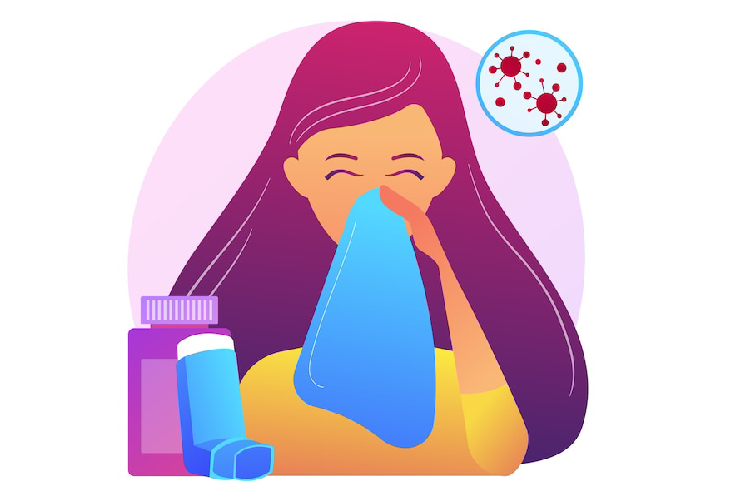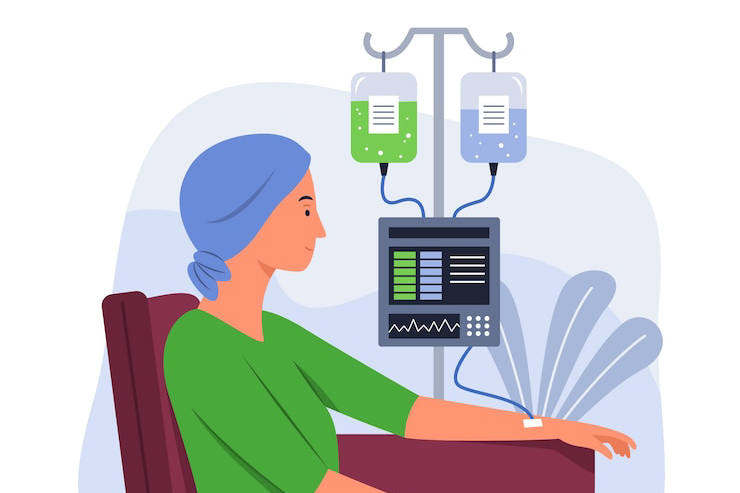
Lungs and Breathing: Why Air Quality Matters for Your Health
Breathing is something we do automatically every day, but how often do we think about the quality of the air we breathe? Clean air is essential for healthy lungs and overall well-being. When the air is polluted, it can directly impact your breathing, lead to lung problems, and affect your health in many ways. Let’s explore why air quality matters and how it impacts your lungs.
How Poor Air Quality Affects Your Lungs
The air we breathe can contain pollutants like dust, smoke, chemicals, and allergens. When these harmful particles enter the lungs, they can cause irritation and long-term damage. Here are some of the key ways that poor air quality affects your health:
- 1. Respiratory Issues:
Breathing in polluted air can lead to conditions like asthma, bronchitis, and other respiratory infections. It makes it harder for your lungs to function properly and can lead to frequent coughing and shortness of breath.. - 2. Chronic Conditions:
Long-term exposure to air pollution can contribute to chronic respiratory diseases, such as chronic obstructive pulmonary disease (COPD) and emphysema. These conditions can make it harder to breathe and reduce your quality of life. - 3. Increased Risk of Lung Cancer:
Certain air pollutants, like tobacco smoke and chemicals, are known to increase the risk of lung cancer. - 4. Allergies and Asthma:
Pollutants like pollen and mold can trigger allergic reactions and worsen asthma symptoms. Clean air helps keep your airways clear and reduces inflammation.
Air Quality Indoors vs. Outdoors
Air quality isn’t just an outdoor concern—indoor air quality matters too. Poor ventilation, tobacco smoke, household cleaning products, and cooking fumes can make the air inside your home unhealthy. Using air purifiers and keeping your home well-ventilated can help improve indoor air quality.
How to Protect Your Lungs
While you can't always control the air around you, there are steps you can take to protect your lungs:
- Check the Air Quality:
Use apps or websites to monitor the air quality in your area, especially during high-pollution days. - Limit Outdoor Activity:
On days with poor air quality, avoid intense outdoor exercise or long periods of time outdoors. - Keep Your Home Clean:
Use air purifiers, avoid smoking indoors, and make sure your home is well-ventilated.
Conclusion
Good air quality is essential for healthy lungs. By being mindful of the air you breathe, both indoors and outdoors, you can protect your lungs and breathe easier. Taking small steps to improve air quality can make a big difference in your long-term health.



